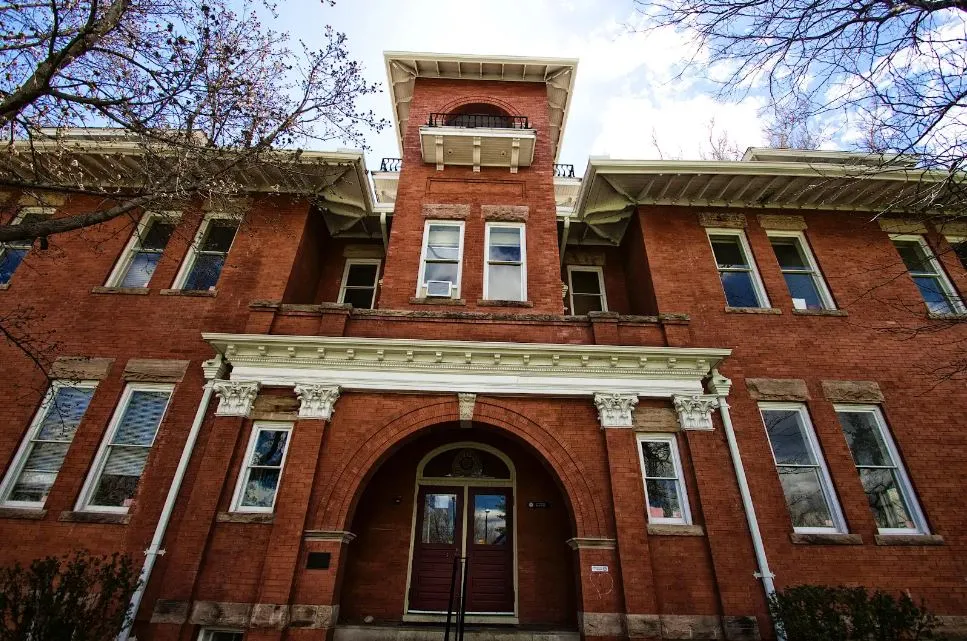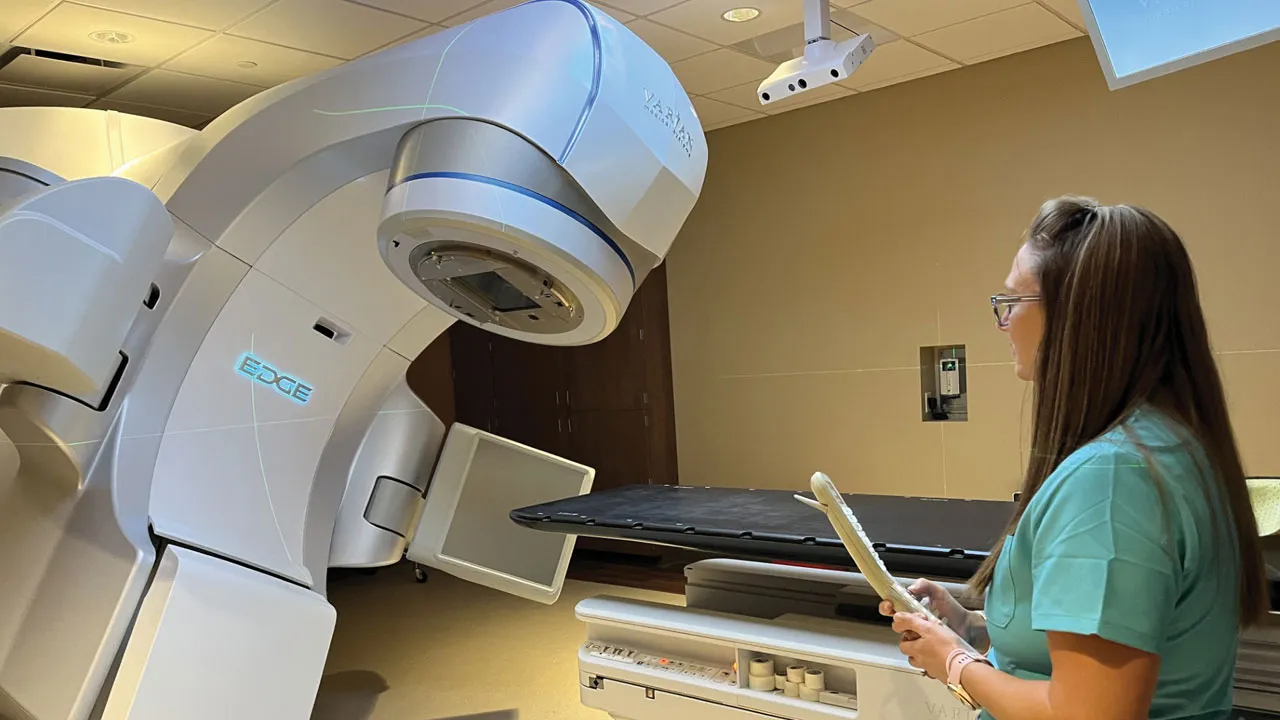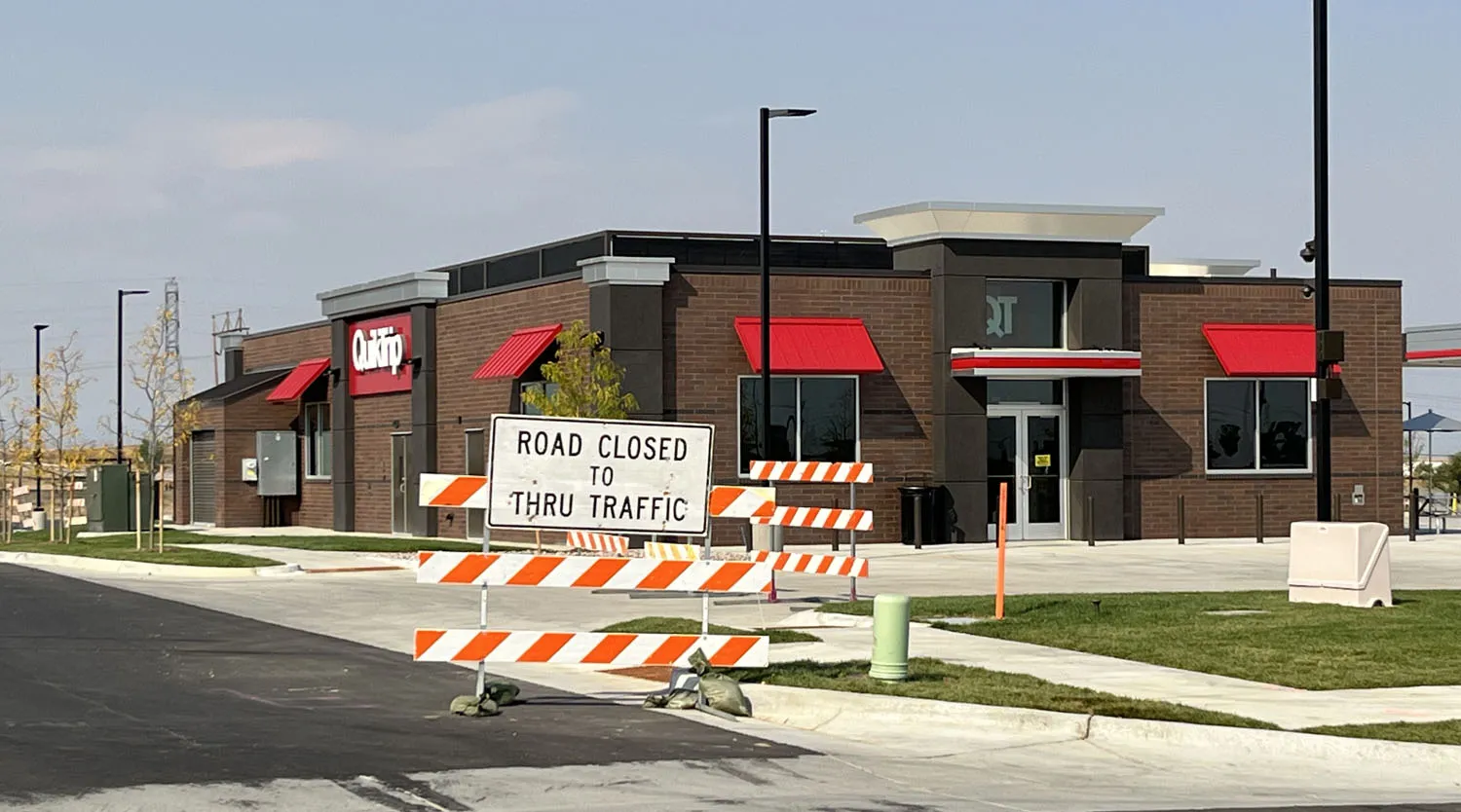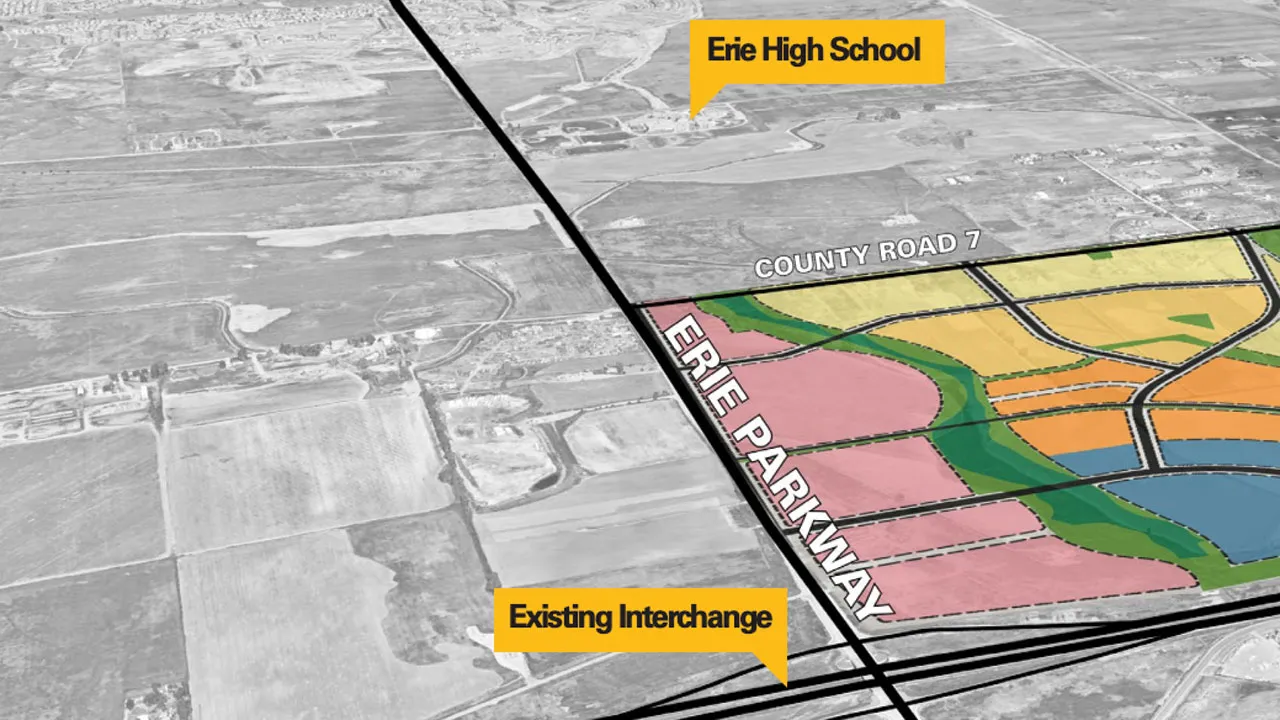Building connections
CU Leeds’ new dean takes interdisciplinary approach to academic, business leadership
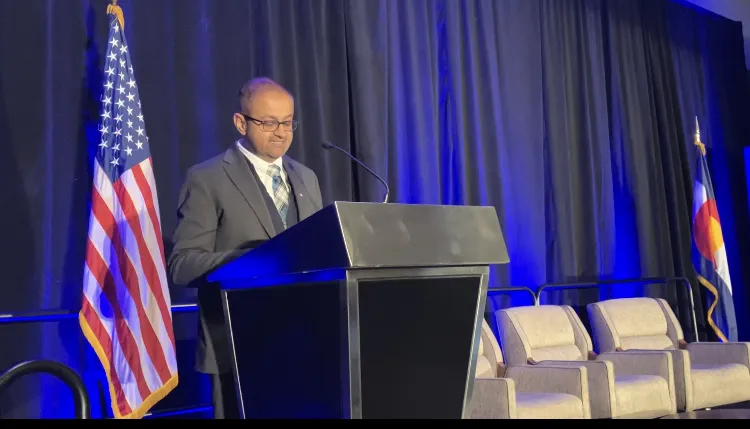
BOULDER — In a world of ever-increasing connectivity, Vijay Khatri seems a fitting choice to serve as the new dean of the University Colorado’s Leeds School of Business.
Khatri, who trained as an engineer and worked for technology companies prior to pivoting to research and academia more than two decades ago, is emphasizing an interdisciplinary approach to learning under his tenure, which began this summer.
“That really comes from my own experience,” Khatri told BizWest. “I started out as an engineer and went on to earn a graduate degree in business. It’s so important to me to intertwine technical and design knowledge with other things that are important from a business perspective.”
SPONSORED CONTENT
Not only does interdisciplinary thinking help business leaders from a purely dollars and cents perspective, “it helps you recognize bias,” Khatri said. An integrated approach to thinking “also helps you to think critically and gain perspective.”
Widening one’s perspective is an effective way to approach problem solving in a business setting, he said. “Problems are inherently ambiguous,” Khatri said, and viewing those problems through as many lenses as possible helps business leaders chart a successful course of action.
Khatri said Leeds’ leaders have begun conversations with their counterparts at CU’s College of Engineering & Applied Science about establishing degree programs that span both CU’s business and engineering schools.
“We are thinking about the innovation economy, but we’re also thinking about how we engage with that economy in a systematic way in collaboration with multiple units on campus,” he said.
Integrating CU’s business school initiatives with on-campus science, engineering and technology efforts is increasingly important as Colorado distinguishes itself as a global innovation-economy hub, Khatri said.

At Leeds, Khatri said he hopes that students learn not only to think beyond their fields of study, but also beyond their immediate surroundings.
“It’s obviously important to care about the community where you live,” he said, “but it is also important to care about the rest of the world because we are intertwined.”
Given the complexity of the modern business landscape and its intersections with other disciplines, “learning how to learn” in order to adapt and have a long, meaningful career is a crucial skill Khatri said he hopes all Leeds students graduate with.
“I still take courses,” he said, “because there is so much happening right now,” from artificial intelligence to clean-tech to quantum computing.
Khatri grew up in Jaipur, India — he was pleased to recently discover that there is a Jaipur Indian Restaurant in Boulder’s Pearl Street Mall — and after working for several technology companies, from startups to industry giants such as IBM Corp. (NYSE: IBM), he moved to the United States in 1997 for a doctoral program at the University of Arizona.
He then spent two-plus decades at Indiana University, moving steadily up the ranks at the Bloomington, Indiana, college’s prestigious Kelley School of Business. When he left IU for Boulder, Khatri, whose official title at CU is the Tandean Rustandy Endowed Dean of the Leeds School, had achieved the role of executive associate dean for strategy, innovation and technology at the Kelley School.
Khatri “has an incredibly strong leadership record of accomplishment and student success; furthering research and scholarship; advancing diversity, equity, inclusion and belonging initiatives; and community engagement,” Leeds School assistant professor Christina Lacerenza in December at the Colorado Business Economic Outlook Forum.
In a story for the Leeds School’s fall magazine, Michael Leeds, the CU alumni whose family name adorns the business school, said participants in the hiring process were “struck by his humility and his vision for building a caring and supportive Leeds community.”
As a researcher and academic, Khatri said his primary driving force is “absolutely curiosity.”
Khatri’s research has focused mainly on the development and management of information-system principles. Because his work was often technical and interdisciplinary in nature, Khatri said his research was published in technology and computer-science journals.
During Khatri’s time at IU, he kept an eye on Boulder from afar.
“I’ve followed CU for two decades, and the most attractive thing to me was how Leeds focuses on values-based leadership,” Khatri said. The university’s staff and students are dedicated to “address(ing) big humanitarian questions, which is really important to me.”
While the facilities — and, of course, the views — on campus at CU are second to none, Khatri said it is the university’s people with whom he’s been most impressed.
“On the final day of Vijay’s on-campus visit, I happened to see him on the sidewalk outside of the Koelbel building. He had just wrapped up 20-hours of meetings over two-days with every constituent group at Leeds, and had done so tirelessly with substantive, thoughtful, concrete responses to everyone’s questions. I’m sure he was ready to relax; however, I saw an oversized buffalo head speeding on a bike directly toward our future dean,” CU associate dean for culture and community Birdie Reznicek told BizWest in an email. “Chip (a CU Buffs student mascot) was in full regalia and probably late for an event. “Thankfully, there was no collision, but little did Vijay know that, (because he would ultimately win the job,) he would have many close encounters with CU Boulder’s beloved mascot in the years to come.”
In addition to the energetic student body, CU’s commitment to community-building and sustainability is “absolutely inspiring for me,” Khatri said.
The new Leeds dean “articulates a vision that is truly consistent with Leeds’ focus on ethics and social responsibility,” CU Boulder Provost Russell Moore said when Khatri’s hiring was announced in the spring.
“Thinking back to the dean search process, I remember being struck by the unique combination of integrated systems thinking and authentic human connection that Vijay brought to the table,” said Reznicek, a member of the CU search committee that helped bring Khatri to Boulder. “He voiced an emphasis on a culture of care from the outset and that commitment continues to be evident not only in his strategic priorities, but also in how he personally engages with each person in the Leeds community today.”
Leeds, Khatri said, is committed to furthering CU’s integration into Colorado’s economy and labor market.
Part of a dean’s role is to “engage our community and our alumni” to ensure that students are being taught marketable skills and are able to connect with employers so they “can hit the ground running” after graduation, he said.
On-campus engagement, of course, was stymied at universities across the country when several years ago the COVID-19 pandemic shuttered in-person activities for months. But, Khatri said, students and staff have proved resilient.
“I would say that we are out of the COVID era,” he said “… But I think we learned from the COVID era” that there are alternative modes of learning that can be quite effective. For example, CU has established a studio where several hundred educational videos have been produced for students to absorb outside of the classroom.
It’s not just the return of students following the pandemic that has energized the campus, Khatri said. The arrival of the CU Buffaloes head football coach Deion Sanders made Boulder the epicenter of the sports world for much of the summer and fall.
“We have such amazing momentum, not only in football but it extends” into CU’s classrooms and research labs, he said. “We are really hitting on all cylinders.”
BOULDER — In a world of ever-increasing connectivity, Vijay Khatri seems a fitting choice to serve as the new dean of the University Colorado’s Leeds School of Business.
Khatri, who trained as an engineer and worked for technology companies prior to pivoting to research and academia more than two decades ago, is emphasizing an interdisciplinary approach to learning under his tenure, which began this summer.
“That really comes from my own experience,” Khatri told BizWest. “I started out as an engineer and went on to earn a graduate degree in business. It’s so important to me to intertwine technical and design knowledge…

